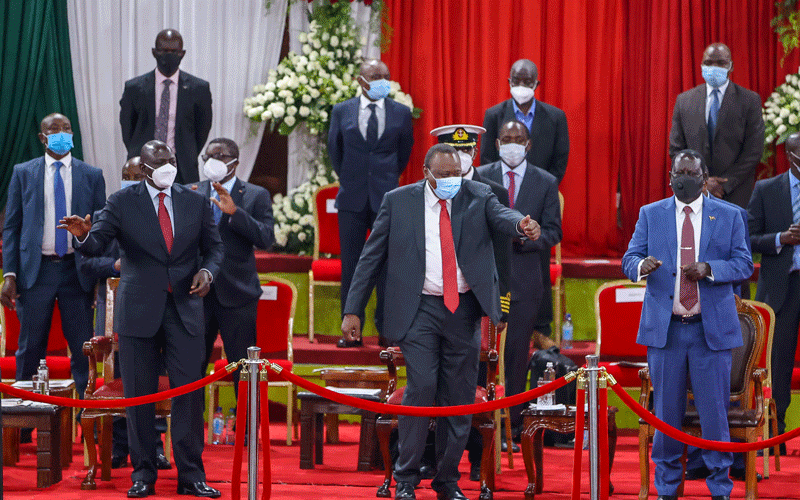Youth inclusion is panacea for political instability
By People Reporter, November 5, 2020Edward Mwachinga
At a conference in 2015, Club Madrid, an organisation bringing together former presidents and prime ministers from democratic states, identified exclusion of groups such as the youth from the economy as one of the primary drivers of violent extremism globally.
Whether poverty, unemployment and other manifestations of economic exclusion and marginalisation directly fuel violent extremism has been a subject of extensive debate.
It is not in dispute, however, that the exclusion of individuals and groups from the economy and society tends to entrench real and perceived inequality and inequity.
A World Bank study on conflict and uprising in the Arab world reinforces the view that while these two factors alone may not always trigger extremist violence, their relationship with ethnic, sectarian, economic and religious grievances matters, especially where those who feel marginalised resort to violence.
The upshot is that real or perceived marginalisation among individuals and groups can exacerbate underlying tensions leading to insecurity and instability. Hence the need for economic inclusion.
Peace, stability and democracy can only be achieved where all citizens feel included in their country’s economy and society.
This brings us to the issue of youth economic empowerment. Young people constitute a majority of population, making them highly vulnerable to social inequalities stemming from unequal and unfair allocation and distribution of resources.
Life choices youth make are influenced to a great degree by prevailing social and economic context.
Lack of access to decent opportunities to improve their overall wellbeing severely limits their ability to play their rightful role in society.
A growing youth population with limited economic opportunities is vulnerable to political and ideological manipulation thus posing a security threat.
It is notable that the just unveiled Building Bridges Initiative (BBI) Steering Committee report attempts to provide a mechanism for addressing the economic exclusion of youth.
While alluding to “continuing legacy of marginalisation of some groups and areas” it specifically proposes ways of alleviating inequality and inequity affecting the youth.
Key among these are measures supporting youth to initiate and grow businesses.
Some of the proposed reforms include efficient business registration; exemption from payment of income tax for a period of seven years; establishment of business incubation centres in every ward; and prompt payment for goods and services supplied by micro and small enterprises.
However, despite various policy and institutional reforms aimed at promoting youth in business such as the Youth Enterprise Fund, Ajira and others, young people continue to face hurdles in attempting to set up commercial ventures.
Tax and other incentives will encourage youth enterprise by reducing risk and cost of starting a business while sustaining positive cash flows, a key factor in business survival.
Youth SMEs will be empowered to do more business with government at national and county level without fear of inordinate delays in settlement of invoices.
BBI also recommends a four-year grace period for repayment of loans given to students in tertiary learning institutions by Higher Education Loans Board.
The loans will also be exempt from interest until the beneficiary starts to earn an income.
Such measures will not only encourage more youth to venture into business but also shield them from vagaries of unemployment such as servicing student loans while ‘tarmacking’.
Consequently, youth are likely to be self-reliant and more resilient to negative ideological influences often blamed for recurrent political violence and insecurity in Kenya.
Kenyan youth continue to excel in digital innovation, clear evidence that with right support, they can be transformative economic agents.
Moreover, a shrinking pool of idle youth curtails space for radicalisation and recruitment into violence.
However, youth participation in the BBI process is critical to realisation of these measures. Political goodwill across the divide is also crucial in ensuring our young people are not left behind.
— The writer is an advocate and partner at Viva Africa Consulting LLP. emwachinga@yahoo.co.uk
